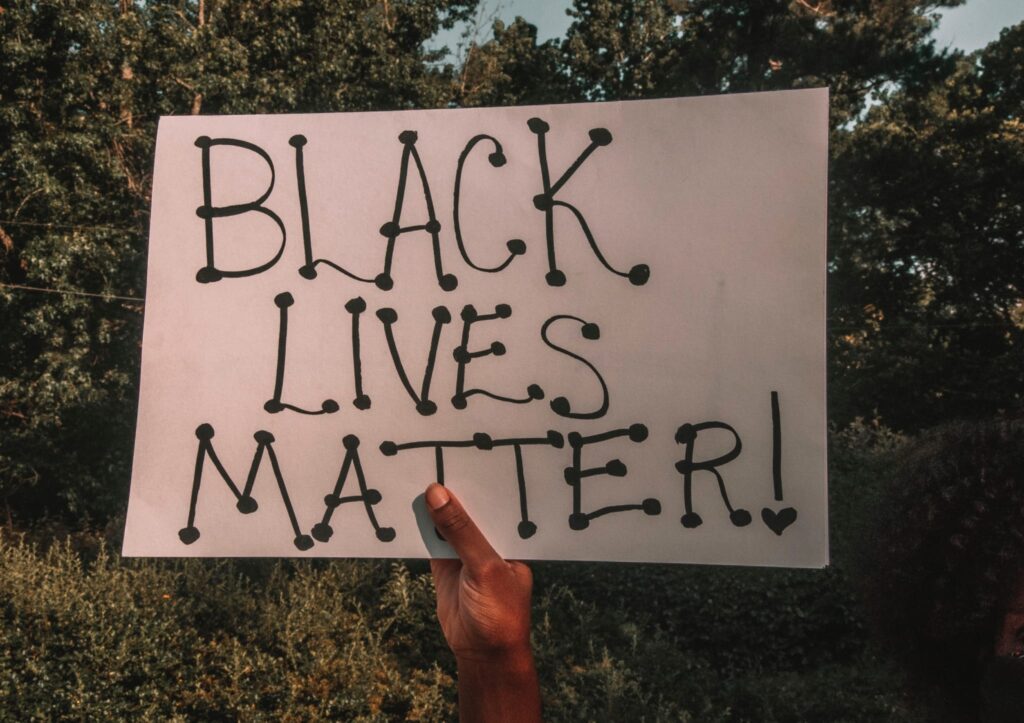Promoting Equity for Black Lives in Postsecondary Education
It has been inspiring and hopeful to see higher education leaders, including those who lead large community college systems, speaking out about systemic racism against the Black community and the murders of George Floyd, Breonna Taylor, Ahmaud Arbery, and several other African Americans who became the latest victims of our country’s original sin. Some college…
Read More3 Ways Federal Policy Solutions Can Level the Playing Field in Higher Education and the Economy
Education and the economy are two of the top five issues for 2020 voters. So, it’s no surprise that presidential hopefuls are offering plans to reduce college costs and forgive student debt. Or that Republicans and Democrats in Congress are currently trying to overhaul the long-expired Higher Education Act, which President Johnson signed into law…
Read MoreIndigenous Higher Education: Asserting an Inherent Right to Education
Often when I speak before an audience, I start with a land acknowledgement, recognizing that all land on which the U.S. was built is indigenous land and calling attention to the particular people on whose land we are convening. This very act exemplifies the difference between Native American students and other racial and ethnic groups.…
Read MoreThe Equity Imperative in Higher Education Policy and Practice
As a first-generation college graduate employed by an organization that promotes equity in higher education policies and practices, I am encouraged by ongoing conversations and actions among higher education policymakers and others that aim to improve access and outcomes for all students, regardless of their starting point in life and particularly among underrepresented (also referred…
Read MoreThe Tradition of Student Activism Influencing Higher Education Policy
I recently visited a student activism class full of masters-level students studying higher education administration where I spoke about my experience and writing about how students can influence policy and policymakers. In reflection, we are in an exciting time where there is more than a course-worth of academic research on student activism. And, there are…
Read MoreEquity—It Takes a College
Colorado has a problem, and we’re not alone. For many years, Colorado has had one of the highest post-secondary attainment rates in the nation. In fact, our well-educated workforce has helped Colorado claim the top spot in the U.S. News and World Report list of states with the greatest economic stability and potential. But, we…
Read MoreEquity for Low-income Black Students
My financial aid for my last year of college was drastically different than my first couple of years. For the first time, I owed the institution money. This change in aid hit me hard. I made the decision to live off campus, instead of on-campus with a full meal plan like I had done previously.…
Read MoreEquity Implications for Higher Education Policy
As an immigrant to this great nation and a citizen by choice, I am reminded of those last six words in the Pledge of Allegiance that I recited at my naturalization ceremony: “with liberty and justice for all.” These six words resonate with me today as clear and compelling as they did in 1998. Especially…
Read MoreStudent Debt and the Racial Wealth Gap: Reform Should Narrow the Chasm
We are eleven years overdue for reauthorization of the Higher Education Act. Many groups, from consumer advocates, to civil rights groups, to higher ed organizations, have called for a reauthorization that centers access, affordability and accountability. The question then becomes, how should this be done? As awareness of the $1.6 trillion student debt crisis pulses…
Read MoreTransforming Yesterday’s Postsecondary System to Better Serve Today’s Students
A college degree is a proven pathway to a higher median-income level and improved social mobility for students, especially those from low-income backgrounds, and for greater equity for society as a whole. Yet many students who enroll in college do not finish; across the United States, there are 36 million adults–or approximately 10% of the…
Read More









